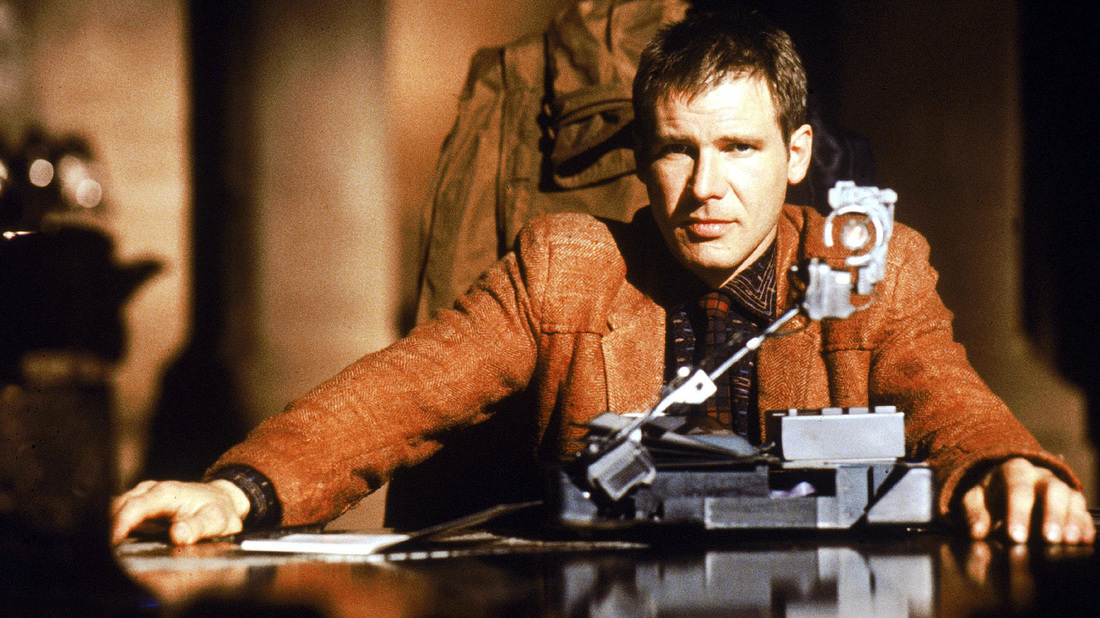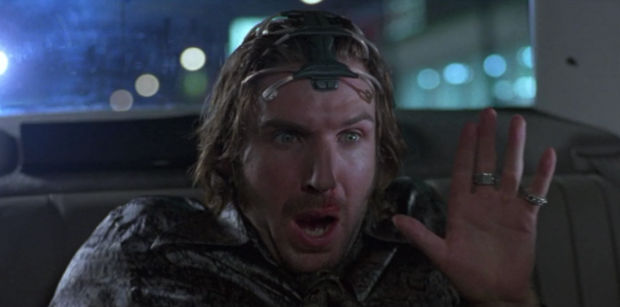|
Now that you have chosen your film or television programme, the next task is to watch it! We recommend watching your chosen text at least 3 times.
The first time, you should just give yourself over to the film or programme and watch it, without interruptions, or without making any notes - although do have a notepad handy in case you really need to jot something down. Immerse yourself in the viewing process. Afterwards, grab your notebook and make a few notes about how you feel about the film overall. What is the film about? What is the overall plot? Who are the key characters? What is the film trying to say? For the second viewing you will really need that notebook and pen, and the remote control handy to pause your film as and when you need to. We recommend dividing your page into two or having two pieces of paper to write on: write form on one side and content on the other. Under form make notes about the film or television programmes formal properties, for example: cinematography, editing, lighting, sound, genre, narrative structure. Under content make notes about the film or television programme's thematic properties, that is, what themes and issues does the film engage with, for example: gender, race, class, sexuality, age, politics, social issues etc. You should now have plenty of material to start your review. Which areas stand out most to you? what are the most important aspects of the film or television programme? How does the film's form relate to its content and vice versa? Remember, the review needs to relate to the theme of [recall] in some way so take a look at your notes again and consider which aspects relate most strongly to [recall]. For example, is it a historical biopic film that looks back to the 1940s? Or a thriller that uses the flashback device in a particularly significant way? Or perhaps a television drama about dementia and aging? If you need a reminder about how you might interpret [recall] then look again at our list of keywords. Finally we recommend a third (or fourth, or fifth) viewing to iron out your details. One of the worst crimes that a film reviewer can commit is to get your facts and the details of your review wrong, especially those facts that are crucial to your overall argument. Not sure if the little girl's dress is red or blue? Check to make sure! Not sure if the man was trapped for 20 or 21 days? Check! Not sure if it is Scorsese or Scorcese, Taratino or Tarantino? Check! Not only is it important to be certain about key details but adding some rich detail to your review can really help bring it alive for the reader too. Jot down significant details and save them for when you come to write. Now you are armed and ready with your notes, it's time to plan your review!
0 Comments
|
Archives
December 2019
Categories
All
|



 RSS Feed
RSS Feed
